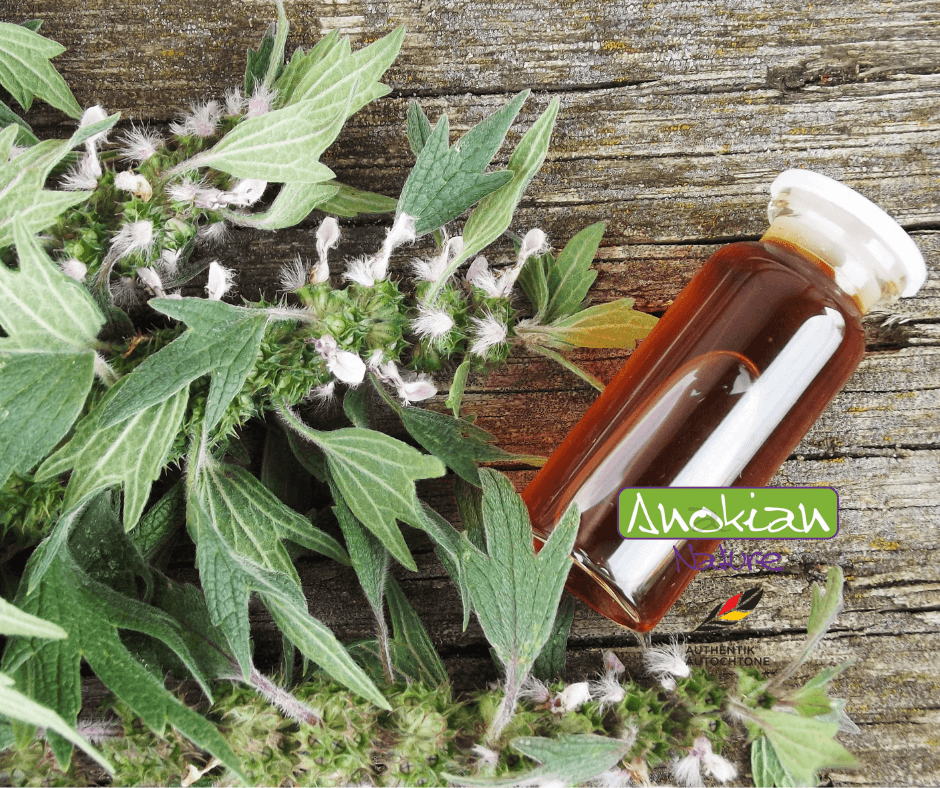Skip to product information










Seed | Motherwort Heartwort
$3.99 CAD
Quantity
Motherwort (Leonurus cardiaca) is a perennial medicinal plant known for its traditional cardiotonic properties.